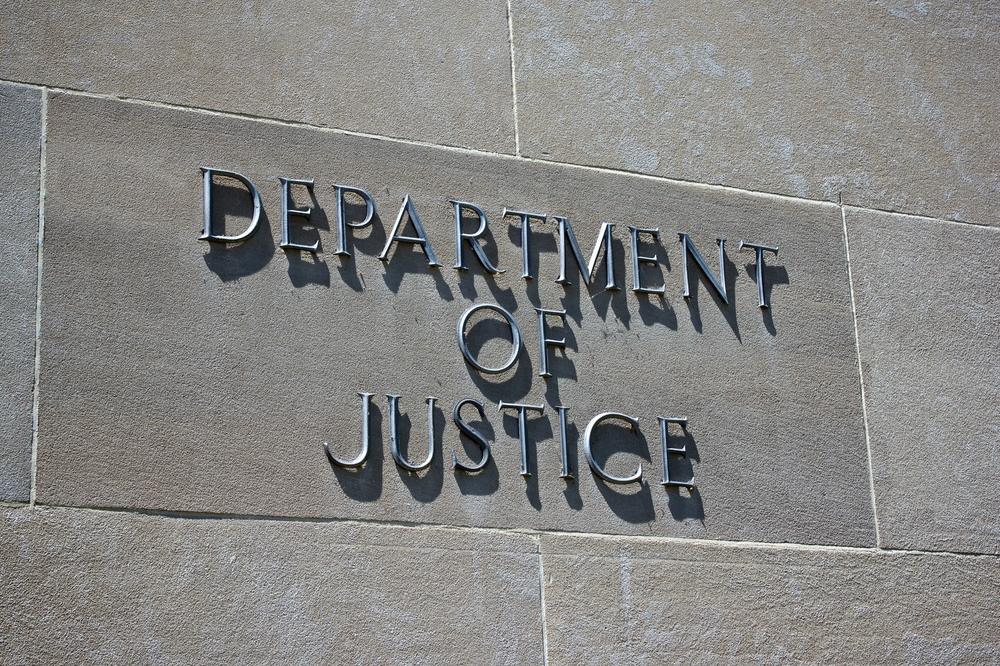Imagine that you are the General Director of a company (the Russian equivalent of an American CEO), and your information security department finds out that an employee, who you have long suspected of industrial espionage, has sent important confidential information belonging to the company to his personal email address. In that situation, what would you do? Would you (a) do nothing for the moment and wait until you have more definite proof of industrial espionage; (b) make the employee tell you why he sent the information to his personal email address; or (c) dismiss the employee? Clearly, you need to find out who the information is being sent to and maintain your reputation for enforcing the rules.
Russian Perspective: Can Sending Confidential Information to Your Personal Email Address Constitute a Disclosure of a Trade Secret?





